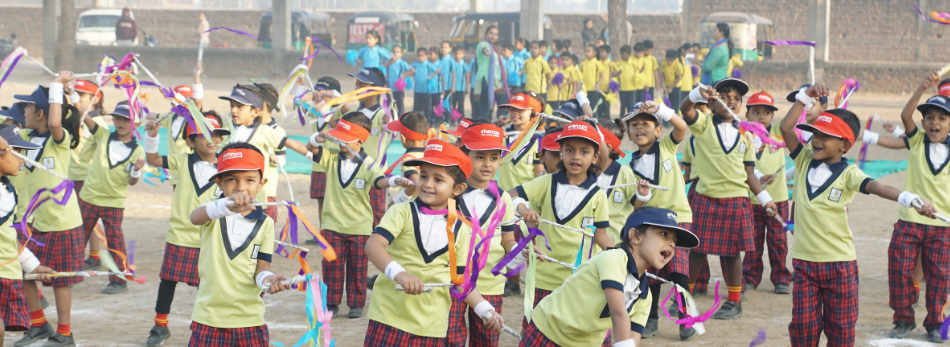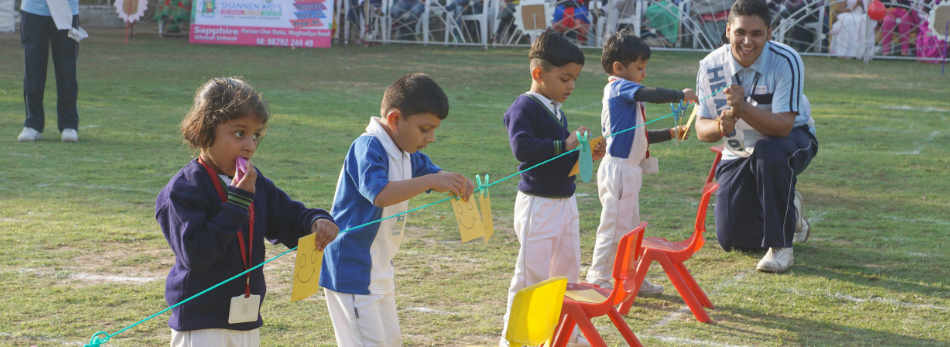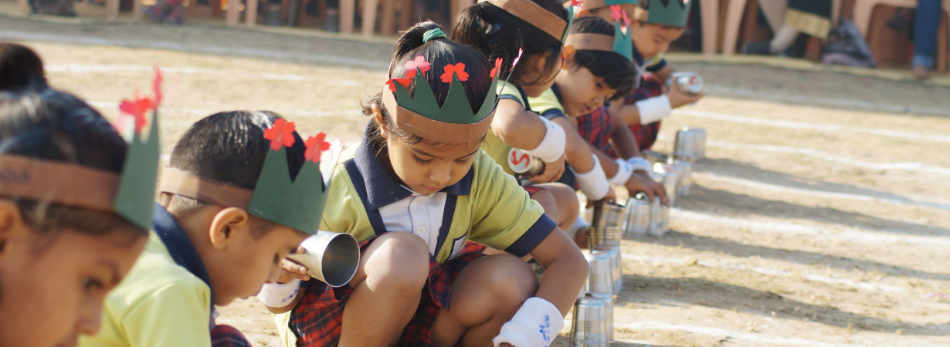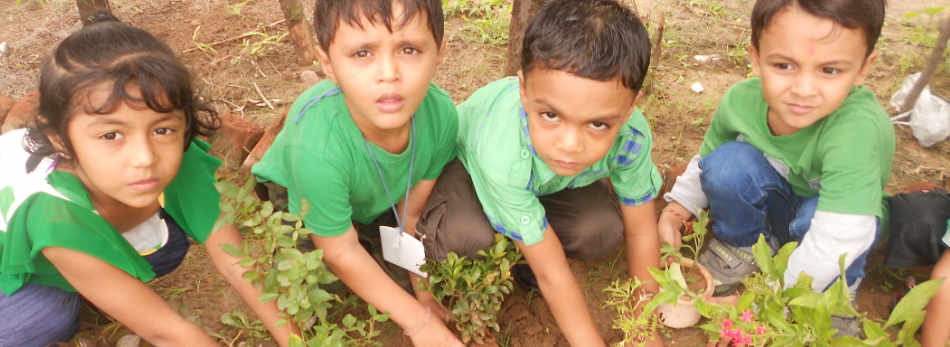Sports Academy
Play is essential to the social, emotional, cognitive, and physical well-being of children beginning in early childhood. It is a natural tool for children to develop resiliency as they learn to cooperate, overcome challenges, and negotiate with others. Play also allows children to be creative. It provides time for parents to be fully engaged with their children, to bond with their children, and to see the world from the perspective of their child.
It is essential that parents, educators, and pediatricians recognize the importance of lifelong benefits that children gain from play.
Sports, whether team-based or individual, are a great activity for children that provide a variety of benefits other than physical activity. Participation in sports can help build self-esteem and confidence, can motivate children to excel academically and can help build social skills. Participation also can teach children the benefits of goal-setting and practice.
Physical Activity
Physical activity is the most obvious benefit of sports participation. Children often spend too much time watching television or playing video games. But sports practices and games provide an opportunity for exercise that can help keep kids in shape and healthy.
Social Skills
Sports participation can help children develop social skills that will benefit them throughout their entire lives. They learn to interact not only with other children their age, but also with older individuals in their coaches and sports officials. Kids learn leadership skills, team-building skills and COMMUNICATION skills that will help them in school, their future career and personal relationships.














